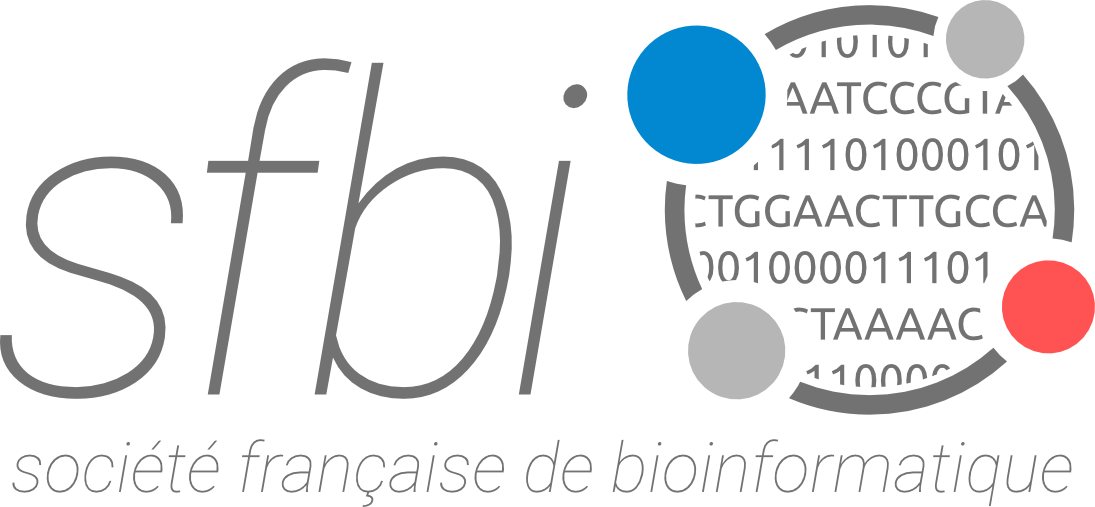Post-Doctoral Researcher: Geometric deep learning models to study intrinsically disordered proteins
CDD · Postdoc · 36 mois Bac+8 / Doctorat, Grandes Écoles Centre Inria de l'Université de Lorraine · Villers-lès-Nancy (France)
Date de prise de poste : 1 mars 2025
Mots-Clés
Deep learning Intrinsically disordered proteins
Description
About the research center
The Inria Centre was established in 1986 and became Centre Inria at Université de Lorraine in 2023. Its growth has been part of the development of the Lorraine site with the University of Lorraine. It also has a branch in Strasbourg, which is developing alongside the University of Strasbourg. The centre has 20 project teams, divided between Nancy, Strasbourg and Saarbrücken. Its activities occupy over 400 people, scientists and research and innovation support staff, including 38 different nationalities.
Context
This postdoctoral position is part of the IDPFold project (2025-2029) recently funded by the French National Research Agency (ANR). The main goal is to develop geometric deep learning models to study intrinsically disordered proteins (IDP). The postdoctoral researcher will be supervised by Hamed Khakzad (Junior Professor, Inria). Our team consists of two permanent researchers with several PhD and postdoc members, and is expected to grow by hiring new members. Our main goal is to develop deep learning models, to study, and predict protein structure, interactions, function and to further design synthetic molecules. The team has access to computational resources, including efficient GPUs and CPUs, from different cluster centers including Grid5000, Jean Zay, etc.
Assignment
IDPs are a large subset of proteins with no stable 3D structure on isolation. They are involved in various cellular processes, and protein-protein interactions (PPIs). One of the key aspects of IDPs is their ability to undergo disorder-to-order transition upon binding to a target structure. While understanding this mechanism is essential, it remains an open problem in the field. Novel approaches based on deep learning have started to make remarkable advances in protein structure and complex prediction. However, the performance of these methods on PPI prediction where IDPs are involved is still lagging behind, mostly due to the complexity imposed by flexible regions. This postdoc position aims to develop geometric deep learning models to elucidate this complex mechanism and will be potentially built on on-going research efforts in the team. The postdoctoral researcher will have the possibility to co-supervise PhD students in the lab, involved in international collaborations, and will work closely with permanent researchers of the lab on this topic.
Main activities
- Implementing deep learning models
- Contributing into training data collection and curation
- Validating the method and analysing the results over SOTA benchmarks
- Supervising Master and PhD students, collaborating with other teams
- Writing scientific articles, software development and participating in international conferences
Skills
- PhD degree in Computer Science, or Bioinformatics
- Proficiency in Python and good coding practices is mandatory
- Experience in deep learning (PyTorch) is mandatory*
- Knowledge in protein biochemistry
- Ability to work independently and also to work in a team
- Excellent oral and written English skills
*applications with no computer science/deep learning background will not be considered.
Benefits package
- Fully funded position (3 years)
- Subsidized meals
- Partial reimbursement of public transport costs
- Professional equipment available (videoconferencing, laptop, etc.)
- Social, cultural and sports events and activities
- Access to vocational training
- Social security coverage
Duration
Duration: 36 months
Candidature
Procédure : Send a CV, a motivation letter (containing your experience in deep learning development), and a list of at least three references to Hamed Khakzad: hamed.khakzad@inria.fr
Date limite : 1 février 2025
Contacts
Hamed Khakzad
haNOSPAMmed.khakzad@inria.fr
Offre publiée le 8 août 2024, affichage jusqu'au 1 février 2025
